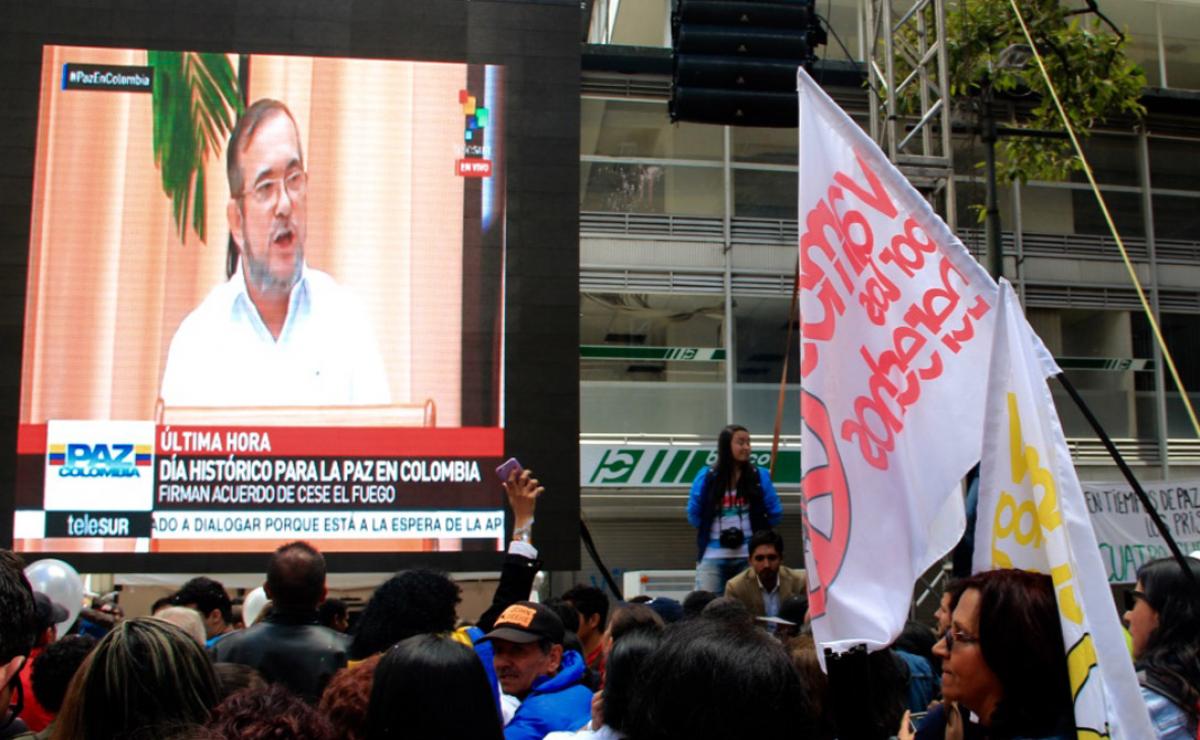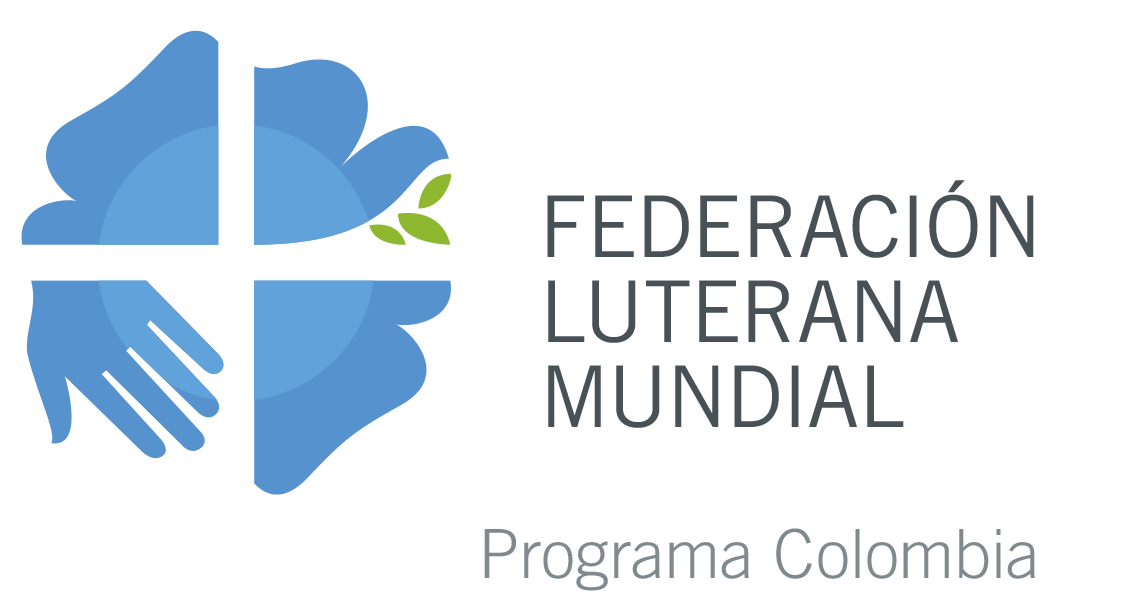“Share the hope”

Peace agreement significant for Colombia and the world
(LWI) – The Lutheran World Federation (LWF) has welcomed the signing of a peace agreement in Colombia on 23 June 2016. “I am sharing with you the hope with which we received the news of the Agreement on Ceasefire and Bilateral and Final Hostilities and Abandonment of Arms between the National Government and Revolutionary Armed Forces of Colombia (FARC)” LWF General Secretary Rev Dr Martin Junge writes in a letter addressed to Bishop Benjamin Ojeda of the Evangelical Lutheran Church of Colombia (IELCO), and Saara Vuorensola-Barnes, Country Representative of the LWF World Service Colombia program.
Complex process ahead
“We are aware that while the signing of the agreement marks an important milestone in the context of a long and difficult negotiation process, the process that lies ahead will be complex and it will be hard to finally achieve a situation where justice and peace will be consolidated as a reality for all the Colombian people”, Junge further writes.
“I am totally convinced that the current situation calls us to cherish the dream of lasting peace, rather than continuing to suffer the nightmare of a bloody and deadly conflict that has caused so much suffering. Colombia deserves better,” he continues, pledging “our prayers and all the support we can provide from the LWF”.
The member church, the Evangelical Lutheran Church of Colombia (IELCO), and the LWF World Service Colombia program have been supporting the peace process in the Latin American country in various forms. LWF is working with the Permanent Committee for the Defense of Human Rights-PCHR East Region on the project "Building Pathways of Peace in our Territory”, alongside those working on the Interchurch Dialogue for Peace (DiPAZ). The initiative seeks to involve local people both in defending rights – which requires courage and determination – and in peace building activities which encourage trust, such as academic and recreational projects.
In July 2015, the LWF together with more than 130 ecumenical and faith-based organizations signed an appeal to the main negotiators of the peace talks in Havana, calling for a bilateral ceasefire between the government forces and the FARC guerilla.
"Significance for Colombia and the world"
In a joint statement, churches joined in the Colombian Interchurch Dialogue for Peace (DiPAZ) expressed their joy and hope at the signing of the peace agreement, describing it as “historic”: "We welcome and affirm with hope the path that continues with this announcement. It is an act that has significance for Colombia and the world. It puts an end to an armed confrontation between the Colombian government and the FARC-EP which has been ongoing for over half a century," the statement said.
In addition, DiPAZ called for reflection on other armed conflicts that still stand between insurgent movements, paramilitary groups and the Colombian Army.
The main parties of the conflict are government forces and several guerilla groups. In 2012, peace talks started between the Colombian government and the largest guerilla group, the Revolutionary Armed Forces of Colombia (FARC). The ELN (Ejército de Liberación Nacional – National Liberation Army), an equally large guerilla army with a slightly different ideological approach, joined the peace talks in spring this year.
The agreement is meant to end a conflict in which more than 200,000 people have been killed. Another 15,000 people are missing. The guerilla warfare displaced millions. Frequent sabotage activities have left hundreds of thousands without clean water and electricity. The majority of those killed or displaced are civilians.
As the country hopes to enter a new phase, LWF World Service is engaging by working for ‘peace, land, and dignity for all’ As part of working towards a peace which is just and fair for the most vulnerable, the rural population receives training on human rights, land rights and international law. In this way they can ensure that land is restored to vulnerable communities so that they can rebuild their lives and their livelihoods.
